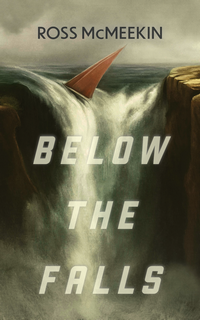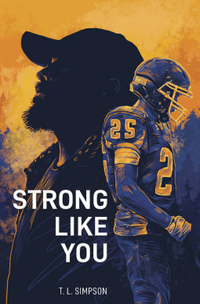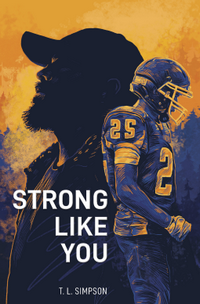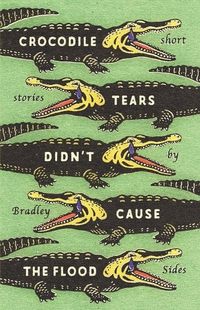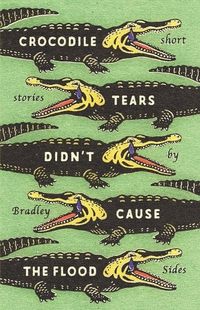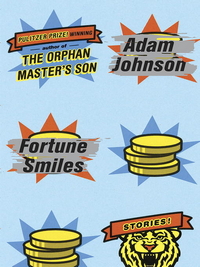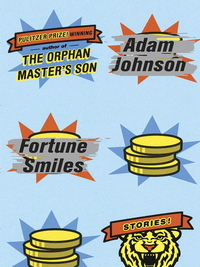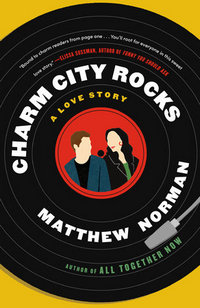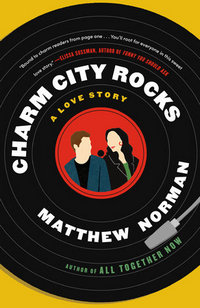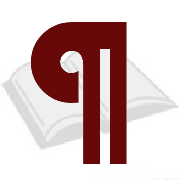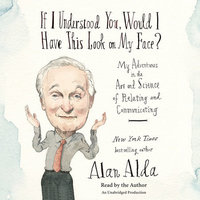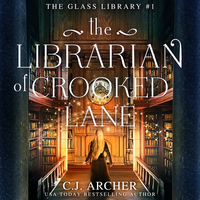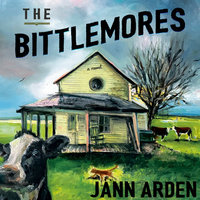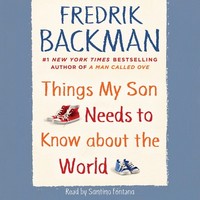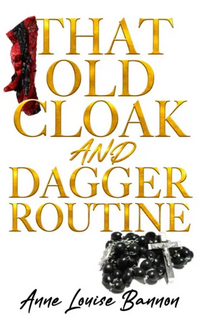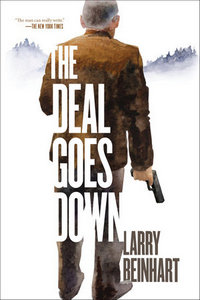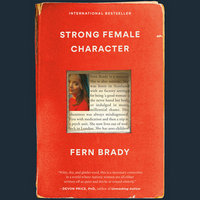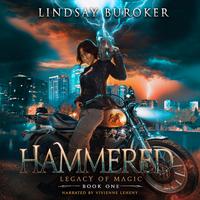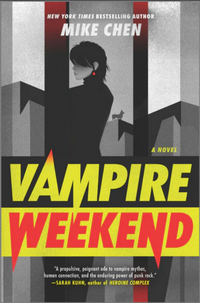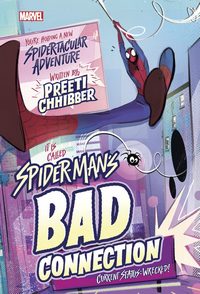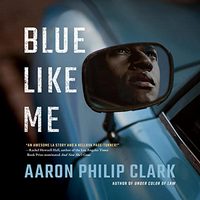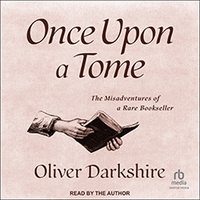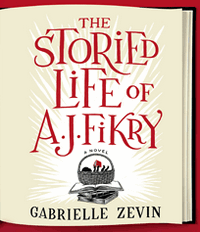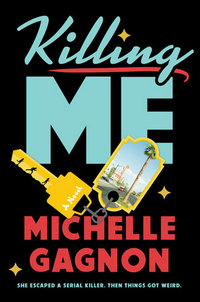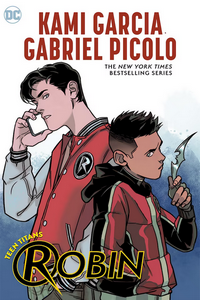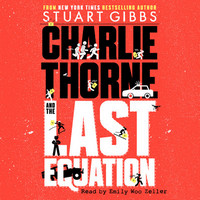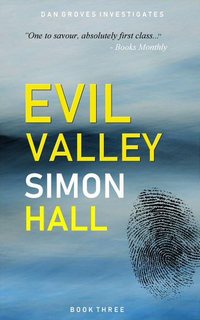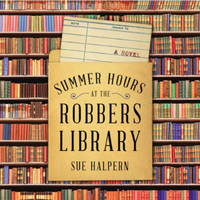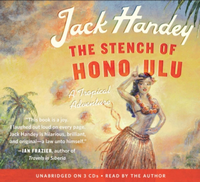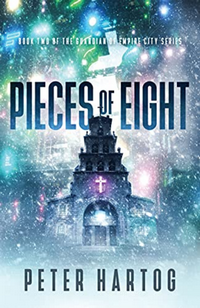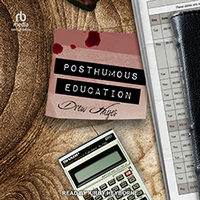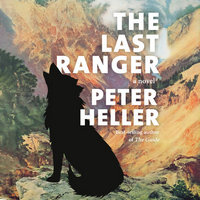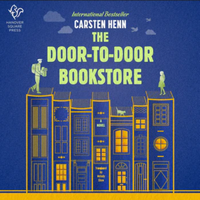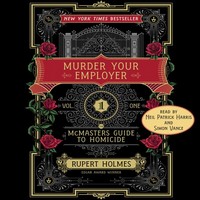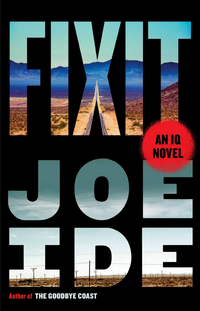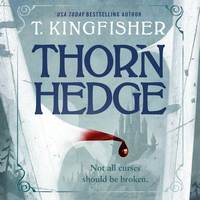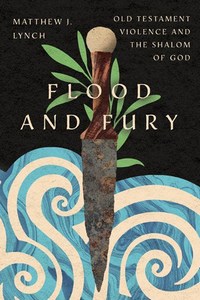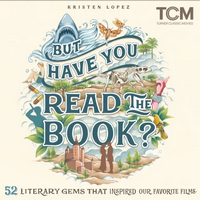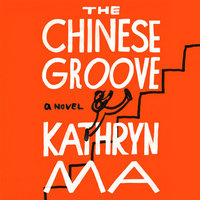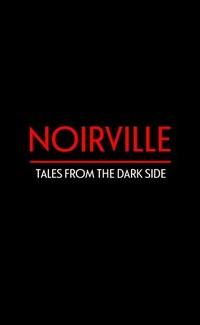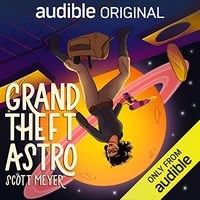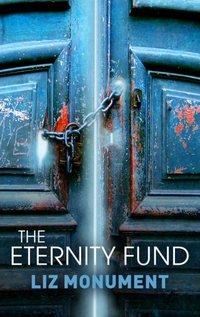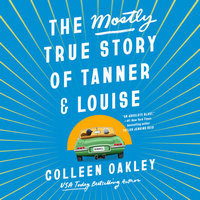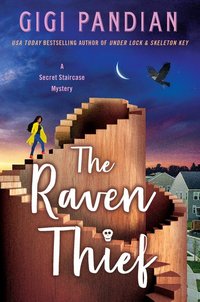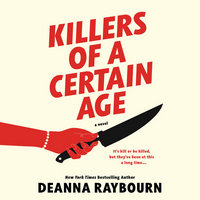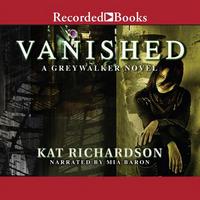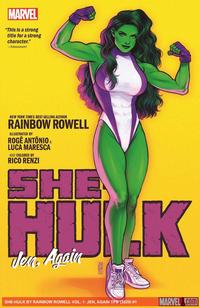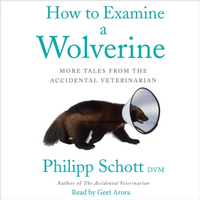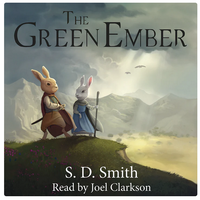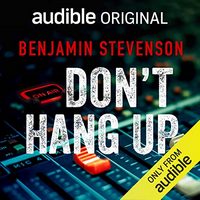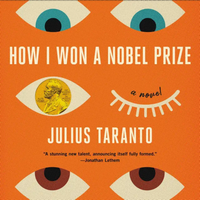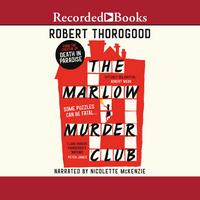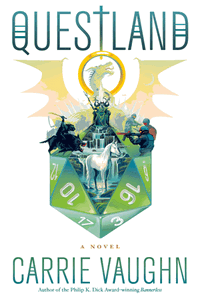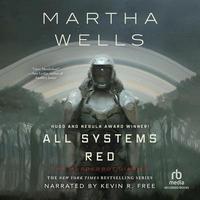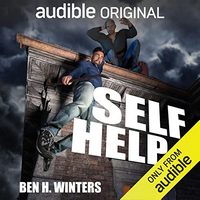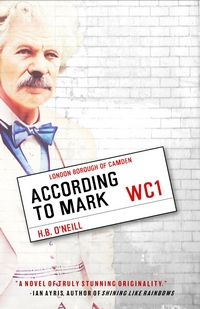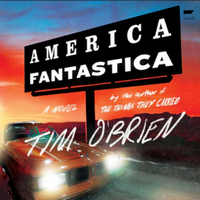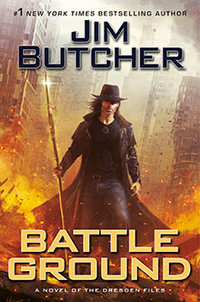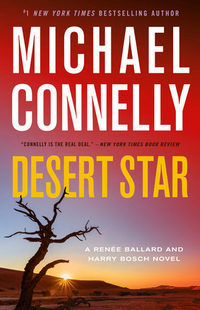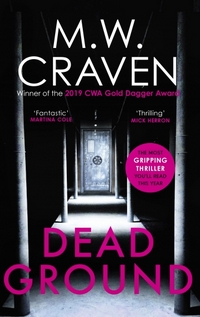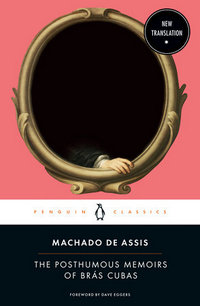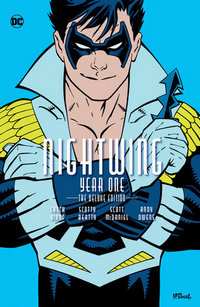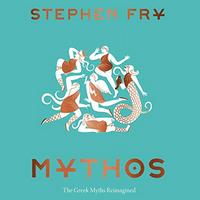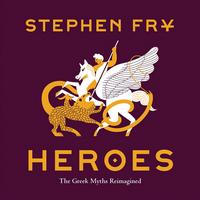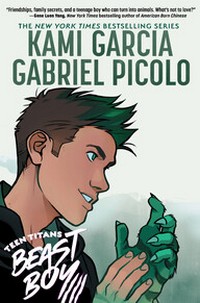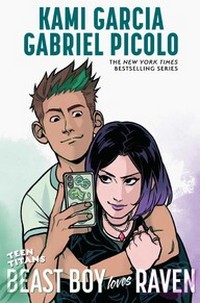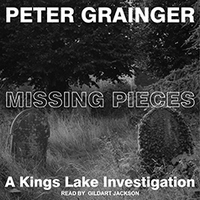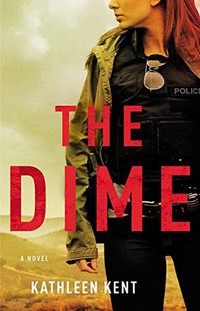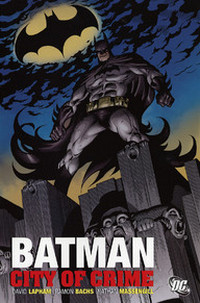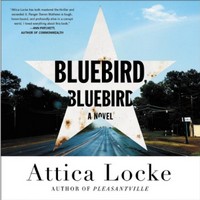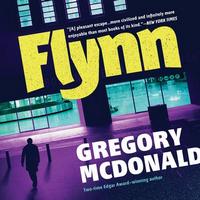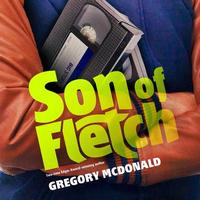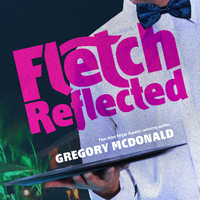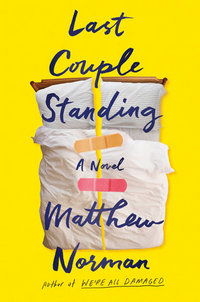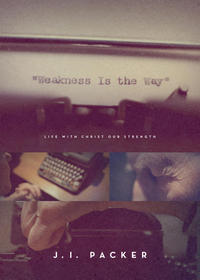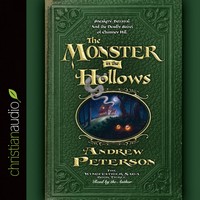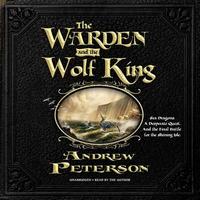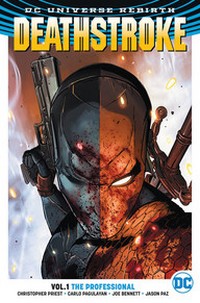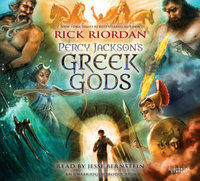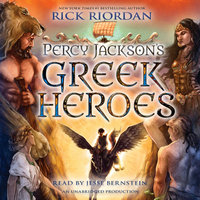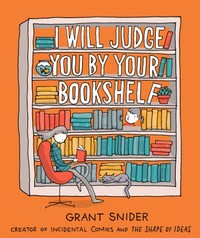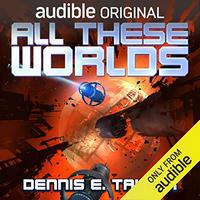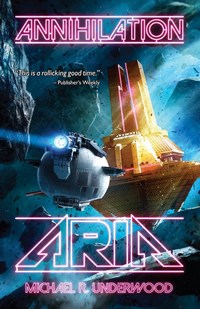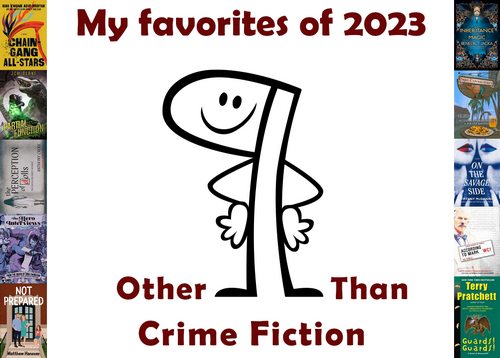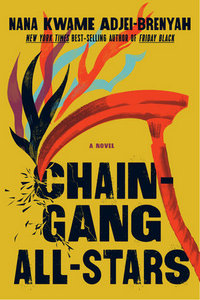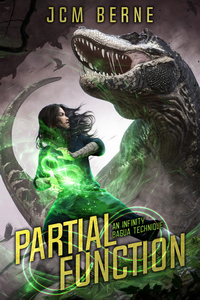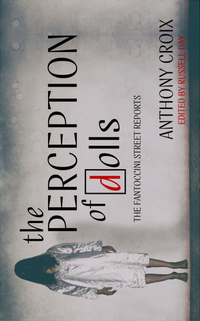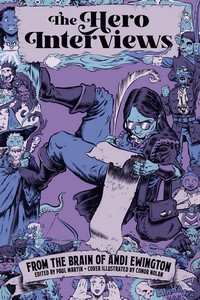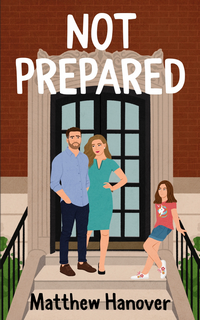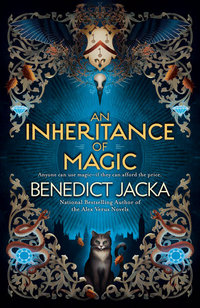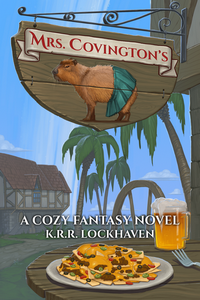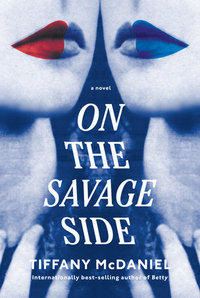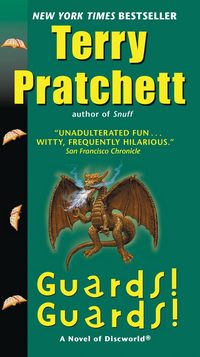by H. B. O’Neill
DETAILS:
Publisher: Fahrenheit Press
Publication Date: February 2, 2024
Format: eARC
Length: 496 pg.
Read Date: November 27-30, 2023

But we are all insane, anyway…The suicides seem to be the only sane people.
—Mark Twain’s Notebook, #40, (Jan. 1897-July 1900)
What’s According to Mark About?
This is tricky to describe, but let’s give it a shot.
Following a bad breakup, a despondent man, Robert, becomes convinced that the spirit of Mark Twain is trying to guide his life and thinking, giving him lessons in the form of quotations from Twain’s works. Eventually, Twain focuses on getting Robert to kill himself. Robert’s eager to follow the lessons of his hero, but things keep interfering with his efforts.
Meanwhile, Robert’s ex, Rebecca, is in therapy trying to deal with the breakup herself.
The novel takes us through Robert’s memories of their relationship while showing us the detritus of his life following the breakup and his efforts to do what Twain is calling him to do. In alternating narrative sections, we see Rebecca’s account of their relationship and we see a little bit of how she’s carrying on. Some of these accounts are synced to give us both perspectives on the events right after each other, some of them come several pages apart so the reader has to do some mental copying and pasting to get a chronological understanding of what happened.
That’s a pretty basic, yet comprehensive, way to tell you what the book is about without giving anything away. And it’s wholly unsatisfactory. Let’s see if I can do better in the next couple of sections.
Rebecca Morely
It’s entirely possible that Rebecca has been in therapy for some time before she and Robert broke up—she strikes me as the kind of person who may have seen therapists throughout her life as a way of staying healthy. Or maybe this is new for her.
Regardless, following the end of their long relationship, she’s in therapy now and her psychotherapist has instructed her to write a letter to herself as a means of coming to terms with the events. Rebecca tells us straight off that she’s struggling with some of the chronology, so we expect that the letter(s) won’t get everything perfectly straight and will hop around a bit, the way memories do. From her, we do get a fairly straightforward account of things between her and Robert—although she does circle around the events that led to their split a little, she doesn’t want to face it.
We see that Rebecca is a sweet woman. A sweet woman who is pushed around a bit by her parents’ expectations and wants for her—one of their big expectations is that she’ll eventually marry someone Rebecca’s known her whole life. He’s essentially an 80s teen movie villain who managed to grow up without Daniel Russo teaching him a lesson by kicking him in the face or Cindy Mancini setting him straight about how to treat women. She’s trapped by her parents expectations, and her understanding of society’s expectations, too.
But she’s finding her own way through that to focus on what’s best for her and what she wants. She wants love, marriage, companionship—and thinks she may have found that (or most of it, anyway) in the eccentric form of Robert. She’s very happy until things start to go wrong in his life and he won’t respond the way she thinks he ought. Little cracks in their foundation start to spread and eventually, things fall apart.
I really liked Rebecca. I empathized and sympathized with her—up to and including her self-recriminations. Possibly because of Robert’s view of her, I couldn’t see her as anything other than a wonderful person who made some tragic mistakes. Their relationship—particularly seen from her point of view—was so sweet even when we know it’s doomed. I found myself rooting for them even harder because I knew it wouldn’t work.
Horatio Robert Foxley
No man has a wholly undiseased mind; in one way or another all men are mad.
—Mark Twain, “The Memorable Assassination”
Robert (who hates the name Horatio), on the other hand…is hard to like (but you will). He’s hard to understand (but you’ll want to). He’s also a pretty unreliable narrator due to the way he sees the world in general, which grows worse as the book progresses. But you’ll get to where you can see through his narration to what’s really going on.
There are clearly a few (possibly several) diagnoses that psychotherapists and their colleagues would give Robert, but he never sees one to be given any diagnoses, medication, or other treatment. It’s tempting to play armchair psychologist and start listing some of them—but I’m going to resist that. O’Neill doesn’t give us the labels or diagnoses, so it’s speculation.
More importantly, this novel isn’t about a person with X. It’s not about his disorder. It’s not about his dealing with whatever issues he has. Those books have their places–and I’ve read my share of them. But O’Neill hastn’t written a novel about a man struggling with or coping with a diagnosis. It’s a novel about a man. It’s about Robert in all his strengths and foibles. He’s a man with many strengths, and some severe weaknesses, like most of us. According to Mark is about Robert’s life and his heart. He’s capable of great love, he’s capable of being loved. And like so many, when some of the supports in his life change or go away, his ability to cope with all the vagaries of life falters. He falters significantly because he needs his supports more than others seem to.
He and Rebecca have a Nancy Meyers-worthy meet cute, and his quirkiness (at least that’s how it comes across initially) attracts Rebecca. They build a life together—sure, she has trouble getting him to fit into hers—her friends and family don’t respond to Robert the way she wants, but they make do. He hits some bumps in the road, and doesn’t respond to them very well. Rebecca responds poorly to his responses.
Then he’s alone and Mark Twain starts whispering in his ear. Robert started reading Twain because of Rebecca, and quickly became a fan. Too much of a fan, one might argue. He read everything Twain wrote that he could get his hands on, and then everything he could about Twain. Rebecca chalked it up to enthusiasm, a sign that he was open to growth and that she had an impact on him—that he respected her opinion. But even she thinks he goes overboard with Twain. He’s driven enough, smart enough, and excessively concentrated enough on Twain that when these whispers start, they are actual quotations that Robert’s absorbed.
Once Twain starts talking to him, whatever was keeping Robert on the rails departs. And we are given a front-row seat to a mind falling apart. It’s horrific when you stop and think about it—but ever so compelling in O’Neill’s hands. More on that later.
Mark Twain
I learned more about Twain—particularly his time in England—than I’d known before thanks to Robert. I mean, O’Neill’s research. And naturally, the quotations that the book is full of make you want to go read more bons mots from him, if not actual works.
But at the same time…Robert becomes a case study in going too far with someone like Mark Twain, and I’ve been reticent to approach his work since then. I don’t think I’d end up like Robert, but…it’s like watching Jaws. You know it’s just a movie, that sharks like that don’t really exist. Buuuuut…maybe you should stay away from beaches/the ocean for a bit, just in case.
The Mark Twain in Robert’s head is an interesting figure—and one has to imagine that the actual Twain would appreciate (on some level) O’Neill’s use of his words.
Can You Laugh at This?
Man, I hope so. There are some moments around the first (that we see, anyway) attempt Robert makes at ending his life that seem to want to make you laugh. I did, anyway—like in Holland’s Better Off Dead—there’s some solid black comedy there (as Twain would want).
But the laughs taper off pretty quickly the more you understand Robert and what he’s going through. Also, his situation and mental health deteriorate steadily, and you forget about laughing and just want the guy to find some help (and, yes, things are already pretty bad as he’s suicidal when we meet him). This doesn’t make the book joyless or tortuous to get through—in fact, absurd moments, and little dashes of (mostly black) humor fill the book.
H. B. O’Neill
You really don’t have to read O’Neill’s website to know he’s a poet. His eye for detail is astounding. There are several instances of him focusing on a feature of a scene, a tiny aspect of Robert’s appearance, or something in his environment that made me put down the book to bask in it for a moment.
You can definitely see his poetry in word choices. There are repeated instances where Robert will look at the street and business signs around him, convinced that Mark Twain is communicating to him through them—the text will just be a string of these signs. And sure, it looks like O’Neill just wandered onto a random city block, took a few notes, and—presto!—had a paragraph for the book. But you know that’s not what happened—instead, he carefully constructed these lines to look like that—and yet to have a wonderful rhythm, provoke just the right images, and push Robert along the way he needs to be. I made a note at one point, “How does someone compose this? How does one revise this?” I’m just going to chalk it up to brilliance and move on.
The prose, the characters, the character arcs…these are all brilliantly conceived and executed, and I just cannot say enough good things about O’Neill’s writing.
So, what did I think about According to Mark?
If you cannot tell at this point, well, then I’ve really done a lousy job. You might want to just go by what I’ve said already because I may start overhyping it here.
This book wrecked me. It dominated my thinking and conversation at the end of November. I became obsessed with it—my friends and family surely got tired of me talking about it as I read on. I started compiling lists of who to recommend it to, who I should just buy it for (the publisher will be happy to know that I have purchased multiple copies already and I’m probably not done). I also have a list of people I’m going to warn away from this book, because, my friends, According to Mark is not for everyone. But the right people are going to love this book.
I’m not sure if I gave too much away above—I don’t think I did. And I tell you truly, I could’ve easily kept going on and on. This is me showing restraint.
It’s hard to put into written form what I want to say about this book. There’s part of Fridland’s Like, Literally, Dude where she shows all the way “Dude” can be used in a conversation with its various shades of meaning. I can see having a conversation with someone who’s read the book largely consisting of those shades.
“So where he makes her a bikini? Oh, dude!”
“And then with the lady at the library? Duuuude.”
“Oh, Dude! The poor dog with the swans!”
“Dude…” (laughter)
and so on. There’s an infamous scene from The Wire with a different four-letter word that would also work as an example of the conversation I could have with someone who’s read it.
But for you, the people that I’m trying to convince to read it? I don’t know how to convey exactly what I want to say.
Trust me. You want to read this. The writing is exquisite. These characters are wonderfully drawn and brought to life by O’Neill. According to Mark entertained me. It horrified me. It moved me. It disturbed me. It rattled me. It broke my heart. It gave me some odd hope. I loathed some of these characters, and loved others to a degree that’s unsettling. It’s been 64 days since I finished this book, and I’ve likely thought about this book on at least 53 of them (and not just because it took me this long to write this post). It’s one of the best books I’ve read in ages, and one I see myself talking about for years to come.
Disclaimer: I was given this eARC from Fahrenheit Press—with no expectation that I’d write anything. But there’s no way I could not say something. Thanks to them for this gift.


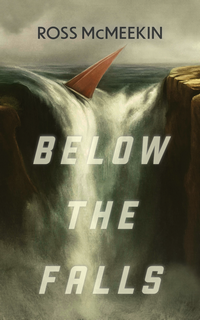 Below the Falls
Below the Falls



